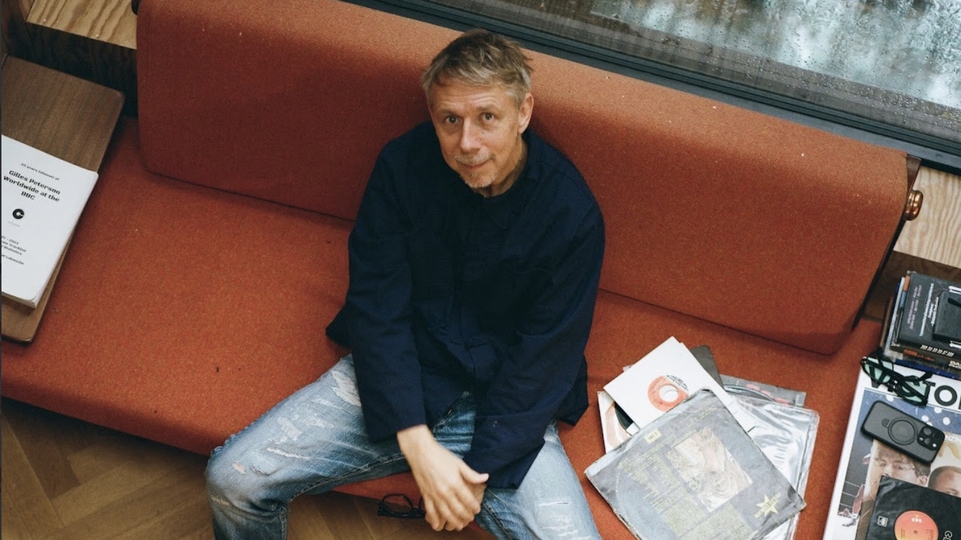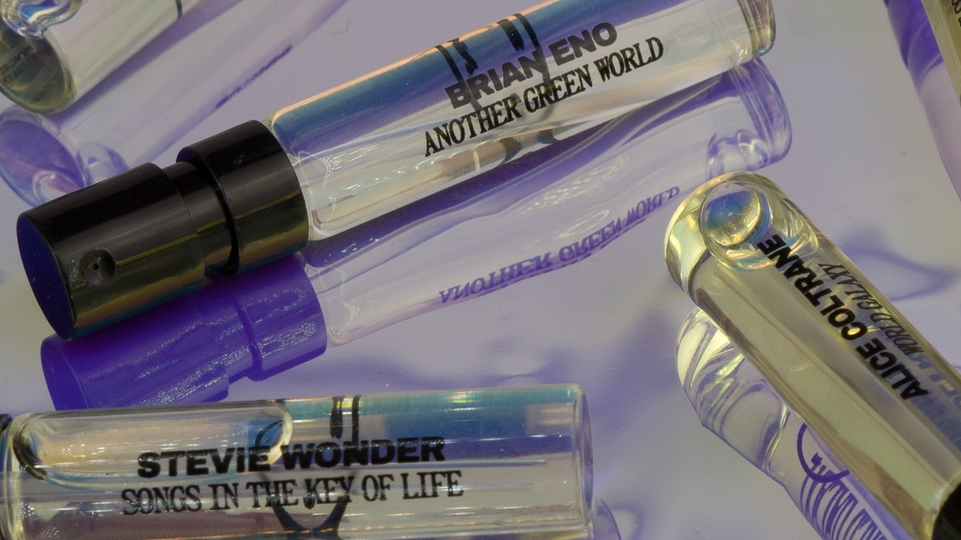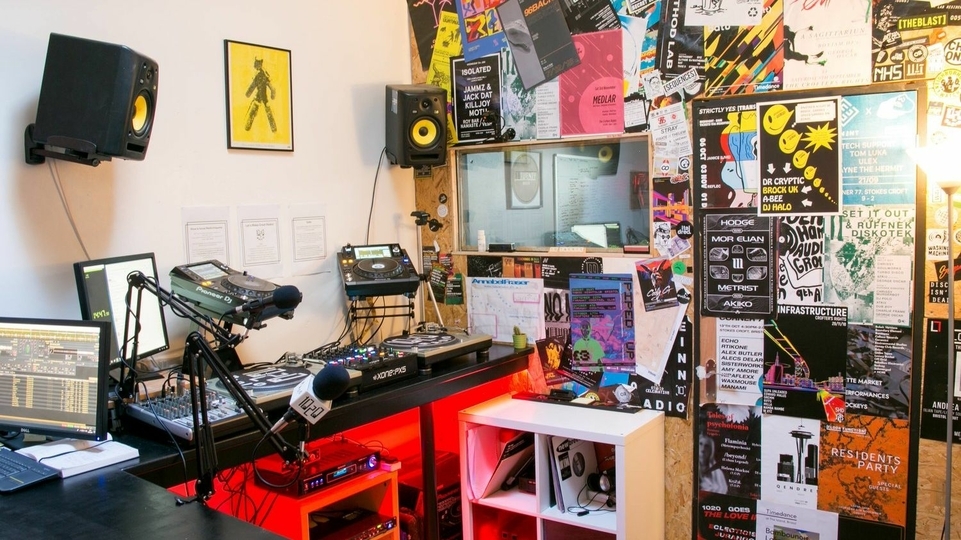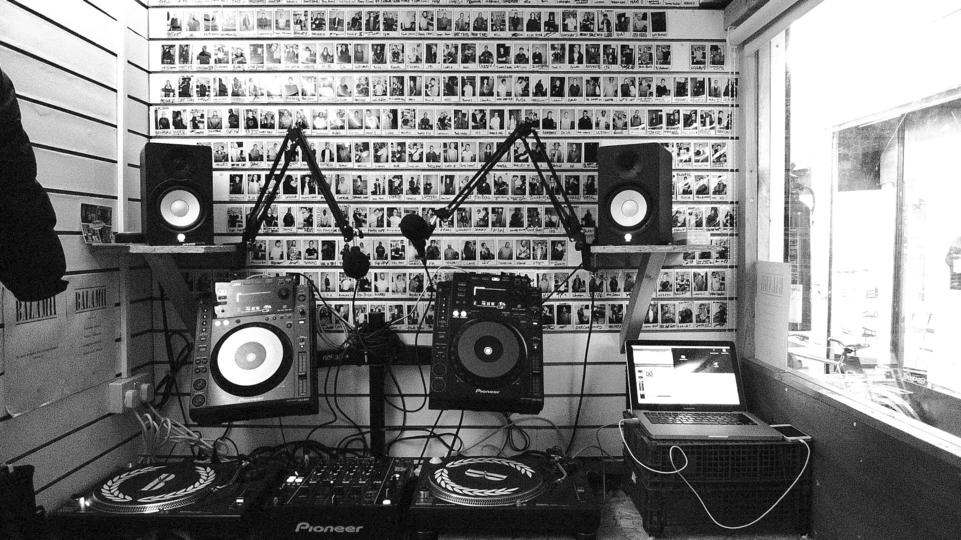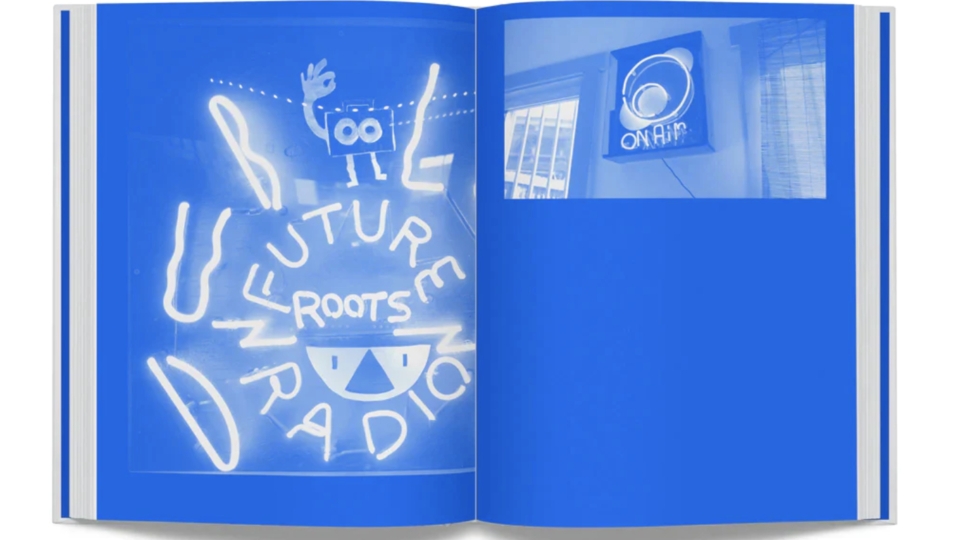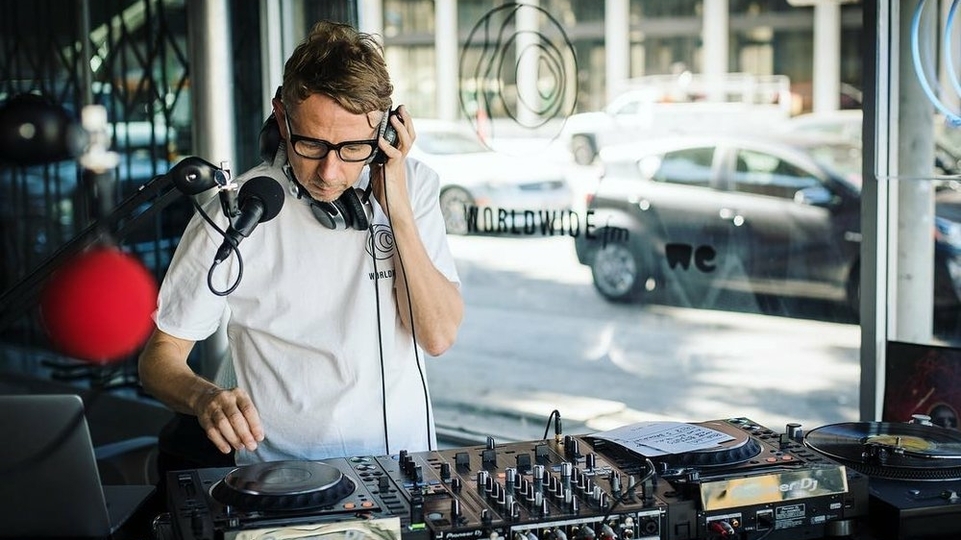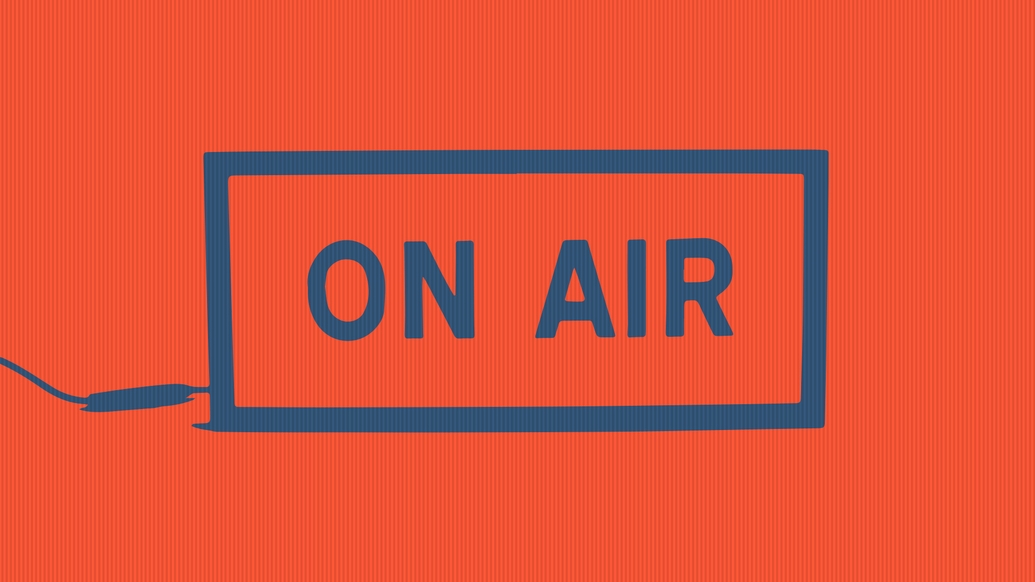
Broadcast blues: the fight to keep independent radio on air
The funding of independent radio stations is always precarious, but the current cost-of-living and energy crises threaten their survival. Following the shuttering of Worldwide FM and Bristol’s SWU FM, we look at the challenges facing these beloved cultural lifelines
UK independent radio is one of the most important aspects of DJ culture and the dance music scene. It plays a vital part in driving and shaping underground culture, fostering new talent and building community. It offers a rich, authentic alternative to sterile streaming algorithms, beige drive-time banter radio and identikit podcasts. Underground radio presents a nonconformist vision to that of the mainstream, providing a place where our music is championed, valued and can thrive.
In the course of researching this article, DJ Mag spoke with several independent radio stations, and at the very heart of them all, regardless of size, stature, or style, we found the same theme, again and again: they’re doing it for the love of music. But in post-Covid, post-Brexit, cost-of-living-crisis, economy-tanking 2022 Britain, love won’t pay the bills, and many stations are finding themselves in a precarious position.
In September, Gilles Peterson’s Worldwide FM announced significant cutbacks to its output, including the cessation of all live shows due to financial pressures. It’s a move that they’re hoping is temporary, but WFM isn’t the only station struggling. Bristol’s SWU FM closed at the end of August, citing “recent rising costs and massive energy bill increases”, and the same month, Tottenham’s Threads Radio announced that it has had to halt live programming due to eviction from its studio. It plans to broadcast pre-recorded shows for three or four days a week with no physical studio for the moment, and aims to find a new permanent home next year.
Rachael Bird is Director and Station Manager at Soho Radio, an online station broadcasting over 250 shows a month live from London and New York. “It is devastating to see independent radio stations having to close,” she tells us. “A lot of these stations, ourselves included, started as a passion project born from the pure love of music and storytelling. These platforms for listeners to discover new music from every genre, and for presenters to share their knowledge with the world, must remain on air as an alternative option to today’s commercial radio platforms. We all offer something unique for our listeners, and it is so important to keep every station going.”
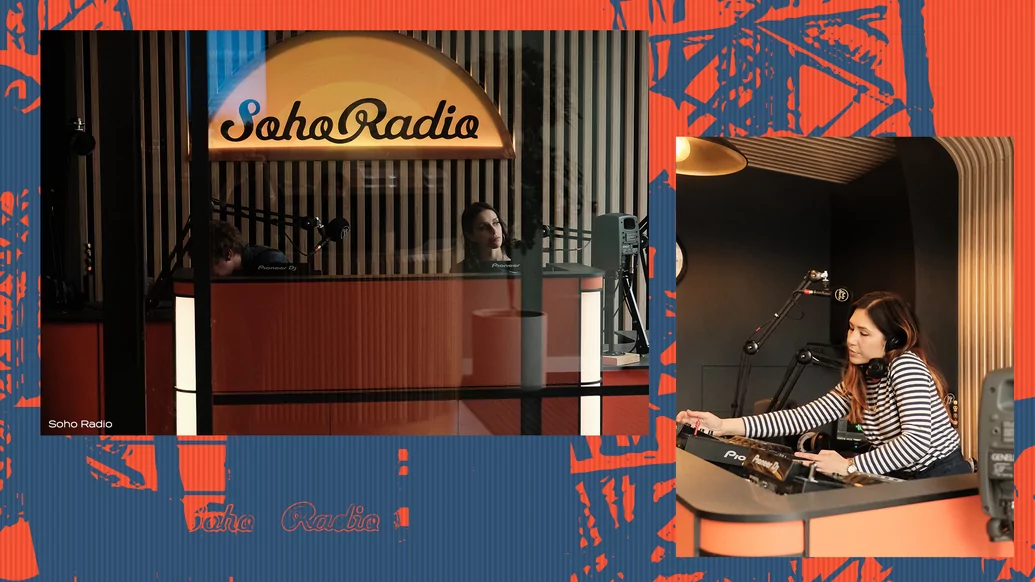
The current cost-of-living crisis is highlighting the precarious position of some independent stations. In the UK, national and local BBC stations are funded by the licence fee, while commercial stations are usually privately owned and funded in the main by advertising. “Most independent radio stations don’t run advertising on- air or online, in order to ensure they stay independent, so rely on other funding streams,” Bird tells us. “This includes putting on events, broadcasting live from festivals, brand partnerships and sponsorships, and Arts Council funding.”
Broadcasting from three shipping containers in Brixton, Reprezent Radio describes itself as “a creative platform with multiple channels, enabling young people to recognise and represent themselves positively”. The station is committed to enabling youth participation and heavily involved in radio and media training programmes. It is “funded in part by grants and donations, as we do so much entry-level training for young people,” says Station Manager Adrian Newman. “But we also generate commercial income through brand partnerships and collaborations. I try to keep a diverse income to manage the financial risk in such a precarious business environment.”
Resonance FM is a non-profit community radio station with a small paid staff and large volunteer force that is part-funded by Arts Council money (the station is waiting to hear if its current three-year grant application will be successful). CEO Ed Baxter told us that funds are also raised via “donations from our audience, mostly raised through our programme-makers, grants from trusts and foundations, which have been extremely thin on the ground for the last few years as charities of all sorts struggle to survive, and occasional commissions from institutions like the BBC or Tate, which don’t actually make much profit”. So an electronic music independent radio station in the UK might fund itself with multiple revenue streams that could include grants, brand partnerships, sponsorship, merchandise sales, membership schemes, fundraising events, donation drives and the traditional pirate model of DJ subs. Lee Kirk Fagan from Threads neatly sums up why this is the case. “Everybody says, ‘We’re doing it, we make money from this, that and the other, retail stuff, artist management, that sort of thing’, but...” and at this point, he descends into laughter that is born more from tragedy than humour, “there is no money directly in radio!”
Instead, there are various possible intermittent and unpredictable revenue sources, which not all stations can access, leaving many vulnerable to, for example, the current substantial increases in electricity costs. And aside from the general energy-capping support, there is currently no specific support or guidance from the government for businesses like radio stations for the coming economic crisis.
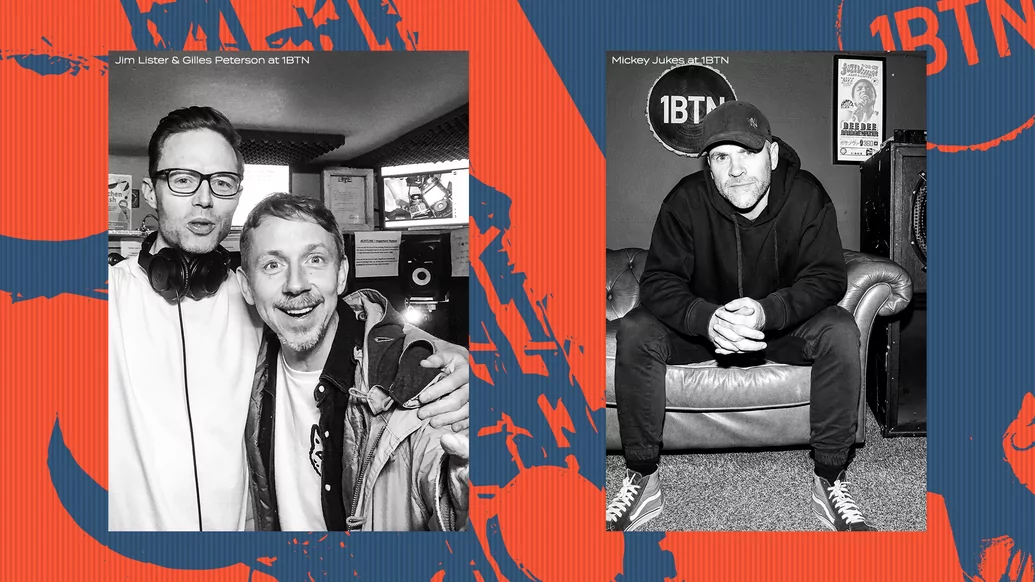
'It’s tough to find a sustainable business model. We have a membership subscription model alongside merchandising, branded content and other forms of income. It can keep a station going on a low level, but with our model of over 150 presenters around the world, it wasn’t sustainable.' - GILLES PETERSON, WORLDWIDE FM
If larger players like WFM are struggling, what’s happening at grassroots level? Mickey Jukes has been running independent radio station 1BTN since 2015, first in partnership with Chris Miller and then alone, financing it himself for the first three years before instigating a tenner- a-month subs fee from the DJs and presenters to cover costs. “I’ve never taken a wage in eight years, and neither did Chris,” he laughs, “and we’ve not got paid members of staff, it’s all volunteers.”
Brighton’s 1BTN is “an underground radio station that plays specialist music”. It’s a not-for-profit, community-interest company and can apply for grants and funding through organisations like the Arts Council or OFCOM, but the competition for grants is fierce and the process of pitching is a time-consuming — and again, unpaid — job. Mickey is currently increasing merchandise and pushing 1BTN’s fledging membership scheme in the hope that some increased revenue will deliver some breathing space in which to make some quality funding applications.
The DJs at 1BTN, just like with all the radio stations we spoke with, are part of a larger local underground and alternative music community of fans, collectors, MCs, producers, promoters, designers, engineers, PRs, writers and presenters: a rich and diverse music ecosystem where underground culture is carefully cultivated. The listeners and the presenters are from the same place — they connect. At 1BTN, the DJs’ subs pay the station’s rent, utilities, gear maintenance, server costs, software licences and everything else. And currently, if things get bad, Mickey asks the DJs to dig a little deeper that month. It’s just another 21st-century radio labour of love.
Clearly, radios stations operating at this level are at risk, but as recent events have demonstrated, so are the bigger players too. Reprezent’s Adrian Newman reports that “Our energy bills are up and the cost of goods and services has also increased. It’s an uncomfortable environment to be working in, and has impacted all of the stations to different degrees.” And there’s a paradox at the heart of the current system, in that, the more successful an independent station becomes, the more its running costs go up due to increased staff, server bandwidth, hardware maintenance, admin and software licences — more of everything.
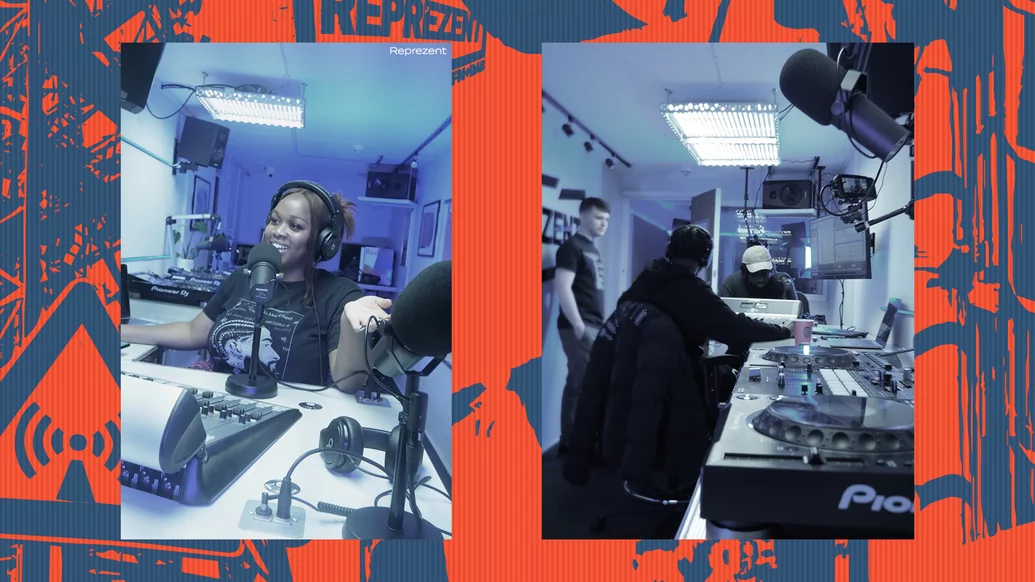
“It’s tough to find a sustainable business model,” Gilles Peterson tells us. “Stations like KCRW in LA have for many years been running fundraising drives where they rely on listeners to fill the funding gap. We have a membership subscription model alongside merchandising, branded content and other forms of income. It can keep a station going on a low level, but with our model of over 150 presenters around the world, it wasn’t sustainable.”
Funding for independent radio in many countries is similar to the UK. Two radio stations that successfully generate revenue via radio-adjacent activities are US station dublab and Hotel Radio Paris. Alejandro Cohen has been running the non-profit, listener-supported American station dublab since 1999. It is publicly, not privately, owned, meaning it is supported, much like independent radio in the UK, by a mix of multiple revenue streams rather than advertising. “Our sources of income are individual donations,” Cohen told us. “Corporate underwriting, grants, and earned income in the form of curatorial work, production, etc.”
dublab has been going for over two decades, and has found that a connection to the community it serves has been essential to its success. “A long term commitment to an organisation that is truly dedicated to serving its community is the only way to be sustainable in my opinion,” he continues. “From there, fiscal responsibility, realistic expectations, and models that bring consistent income will keep the station running. But it has to start with a strong sense of mission and public service.”
Web station Hotel Radio Paris was launched nearly seven years ago by Jean-Charles Leuvrey (JC), and champions all sorts of electronic and underground music. JC’s motivation was much like everyone else’s that we spoke to. “I created this because when I was young, like 15, 16, 17, and really into music, I wished that something like this existed, where people I’ve really looked up to would be able to do a show and I could listen to it, or where someone young like me could do a show.”
Hotel Radio operates like a storefront for several revenue streams. This doesn’t include DJ subs; indeed, the very idea of getting French DJs to pay subs amuses JC, who tells us, “There is no way anyone is paying. I’ve even got free beer for the DJs here!” Hotel funds itself with flyer design, videos, art direction, brand sponsorship and collaborations, and programming and playlists for brands and events. “I hate to say it, but I’m running a fucking agency!” he concludes. It’s extremely variable income month to month, but it’s a model that has worked for Hotel Radio, and many brands have been happy to pay to be associated with its underground kudos.

“I created this because when I was young, like 15, 16, 17, and really into music, I wished that something like this existed, where people I’ve really looked up to would be able to do a show and I could listen to it, or where someone young like me could do a show.” - JC, HOTEL RADIO PARIS
Hotel Radio, much like its counterparts in the UK, has been an influential breeding ground for new talent, feeding the wider industry with DJs or presenters who then go on to larger success. JC tells us that artists use his platform “to push boundaries, to do new stuff, then sometimes they move to NTS, etc.” At Reprezent, Adrian Newman is committed to contributing to the next generation of radio DJs and hosts too. “Reprezent has a strong alumni, and we still focus on discovering and nurturing talent. Our playlists are picked by presenters and DJs, and most of our presenters are doing radio for the first time at Reprezent and end up either presenting at BBC or Apple Music or Kiss, or if not presenting, working in the music and media industry.”
With the demise of the record shop as an electronic music hub, radio stations became more important in building community, making connections and bringing the various members of a scene or a particular dance music eco-system together. Independent radio can be a place where young talent can grow, and where new projects are created. And just the very fact that like-minded music fanatics coalesce into a station staff creates connections, sparks ideas and inspires plans. Alejandro Cohen says of his 23-year-old dublab station, “This is one of the many places where culture is made, brewed, cooked and served. Any hub, platform, venue, label, publisher or radio station that provides a platform for those that create and for those that consume those creations (many times those are the same), that is free of the pressures of the market, gives the opportunity to its community to find and develop its voice. In the case of a place like dublab, the value is not only on what listeners hear on the speakers, but also in the conversations, meetings and interactions that happen at our studio.”
The ongoing economic impact of Covid is another factor in the current precarious nature of the independent radio landscape. During lockdown, JC lost contracts with shops he was doing playlists for, which at the time were basically paying the rent, and it was a similar tough economic picture for UK radio. “Covid hit us just like it did everyone else,” Soho’s Rachael Bird tells us, “meaning no events or festivals, and potential sponsors being cautious with their budgets.”
The irony here is that the particular sense of community that only radio can provide became more important than ever during the long, isolated days and nights of Covid. “I think we saw in lockdown when our audience tripled that people value the connections through radio, and the community that we built of like-minded music lovers,” says Gilles Peterson. It’s a sentiment echoed by many we spoke to. “Radio was more important than ever during the pandemic,” Bird continues, “providing comfort and entertainment to listeners, and we saw our listener figures rise — yet we began to struggle to keep the ship afloat with dwindling income streams.”
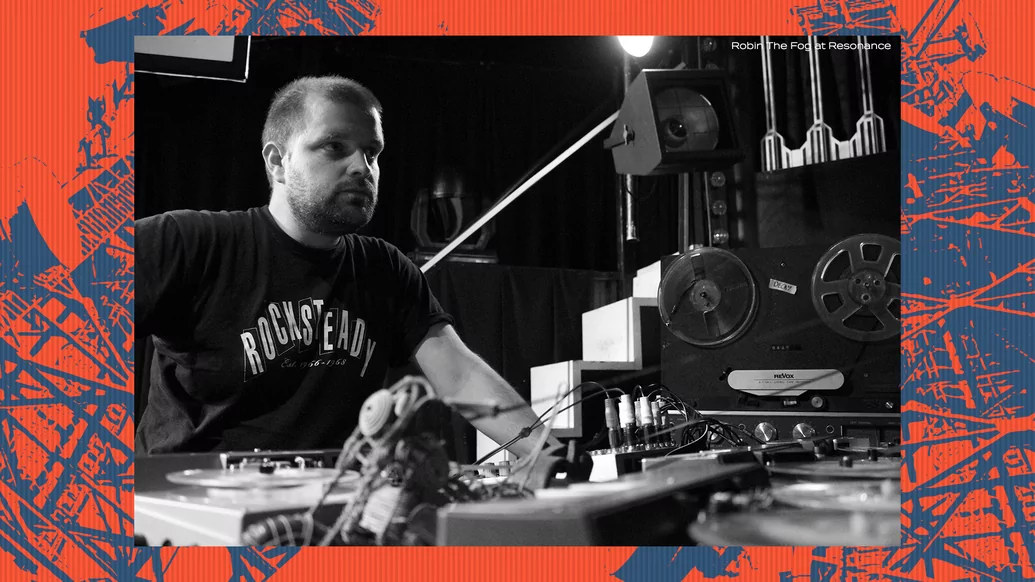
“Most community and independent radio stations rely on using their wits and cunning, and survive by clinging on by their fingernails,” Resonance’s Ed Baxter tells DJ Mag. “As we drift into a neo-fascist state, it is really up to us to be organised and prepared. And for the well-to-do in the music industry to show their support — by giving us money. It all comes down to money.”
Perhaps getting organised could be a way forward, maybe some kind of collectivism. Adrian Newman from Reprezent observes that, “it may also help for us all to be more linked up to be able to lobby for more support from the other industries that we feed. The BBC gets all of its talent from our sector — it might be time to drop it an invoice for developing its roster.” It’s not quite a call to build the barricades, raise the red flag and start a revolution, but there’s a sense that without some kind of organisation and cooperation, UK independent electronic music radio will remain in an extremely precarious situation. Quite how the sector might organise in order to better protect, preserve and represent themselves is a question for another time, but one that certainly deserves close inspection.
“In an ideal world, we would be seen as culturally vital and get government or other forms of grants and support,” Gilles Peterson concludes. “Any commercial model involves compromise and pressure to make decisions for the wrong reasons.” For such vital and loved organisations to have to rely on the generosity of strangers, or the input of their volunteers in the middle of an economic disaster, merely demonstrates how disdainfully the government regards our culture. The lack of any coherent system of assistance or even guidance for radio stations during these exceptional times is as discouraging as it is predictable — but then, we are living in predictably discouraging times. So be it. Until we all meet on the barricades, maybe throw your favourite radio station £3 a month if you can.
•sohoradiolondon.com
•worldwidefm.net
•reprezent.org.uk
•1btn.fm/supporters-club
•resonancefm.com
•dublab.com/support/memberships
•hotelradioparis.com
•threadsradio.com

